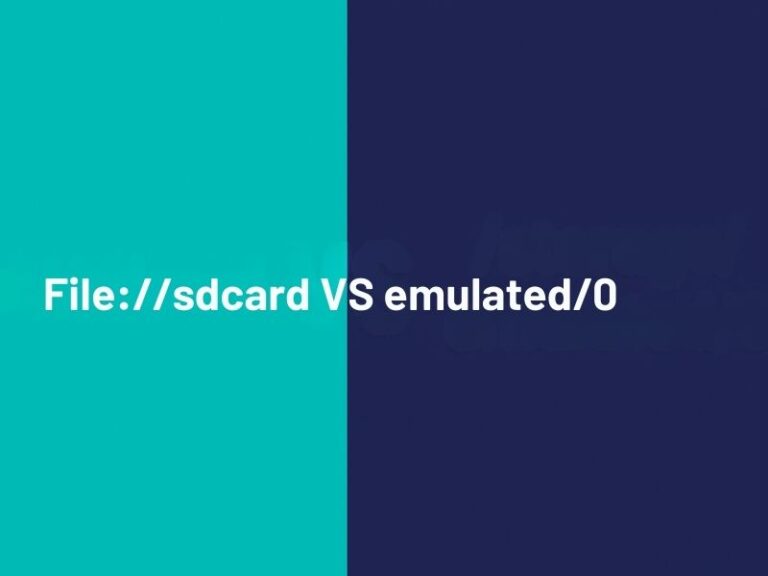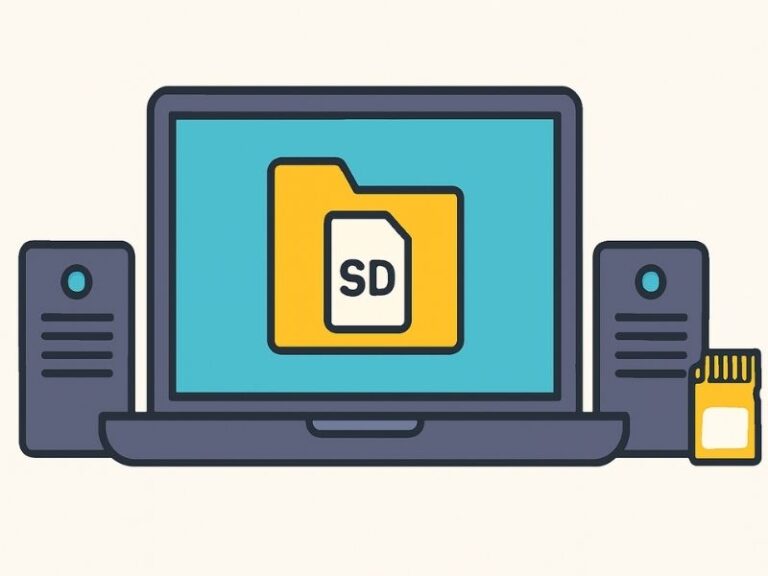Introduction
In an era where artificial intelligence continues to redefine the contours of software development, GitHub has taken a bold step forward with GitHub Spark—an AI-powered platform that transforms natural-language prompts into fully functioning full‑stack applications. By leveraging state‑of‑the‑art large language models (LLMs) and deep integration with the GitHub ecosystem, Spark promises to accelerate development cycles, democratize app creation, and reshape the future of coding.
What Is GitHub Spark AI?
The Rise of AI in Coding Tools
Over the past few years, AI assistants like GitHub Copilot, OpenAI’s ChatGPT Code Interpreter, and various low‑code/no‑code platforms have steadily advanced developers’ productivity by suggesting code completions, automating repetitive tasks, and even generating small code snippets from plain English descriptions. However, most tools still require substantial human intervention to wire together frontend, backend, deployment, and integrations into a cohesive application.
Overview of Spark’s Capabilities
GitHub Spark takes this a giant leap further by enabling users to “dream it, see it, ship it”—all from a single natural‑language prompt. Key features include The GitHub Blog:
-
Natural‑language to app: Describe your application requirements (e.g., “Build a To‑Do list app with user authentication and real‑time updates”) and Spark generates frontend, backend, and deployment configurations automatically.
-
One‑click deployment: Apps are built with GitHub Actions, Dependabot, hosting, and CI/CD pipelines configured out of the box—then deployed with a single click.
-
Integrated AI services: Add intelligent features like chatbots, recommendations, or sentiment analysis by selecting from pre‑configured LLM providers (OpenAI, Anthropic, Meta, xAI, etc.) without manual API‑key management.
-
Flexible workflow: Iterate via natural language, visual drag‑and‑drop controls, or dive straight into code with GitHub Copilot completions and Copilot Agents.
-
Repository creation: Spark creates and manages a GitHub repository, complete with branch protection, Issues, and automated dependency updates.
Difference from GitHub Copilot
While GitHub Copilot excels at in‑editor code completions and AI‑driven pair programming, it still requires developers to scaffold projects, wire together components, and manually set up hosting or databases. Spark, in contrast, abstracts away setup entirely—automating infrastructure provisioning, CI/CD, and full‑stack wiring based solely on your prompt, thereby moving beyond snippet generation to end‑to‑end app creation.
How Spark Generates Full‑Stack Applications
Prompting System Explained
-
Interpretation: Spark uses Anthropic’s Claude Sonnet 4 (or equivalent LLMs) to parse your natural‑language description.
-
Scaffolding: It generates project boilerplate (e.g., React or Vue frontend, Express or Django backend), wiring routes, components, and state management as needed.
-
Integration: Spark automatically configures databases (PostgreSQL, MongoDB), hosting (GitHub Pages, AWS, Azure), and CI/CD pipelines (GitHub Actions).
-
AI Services: You can instruct Spark to “add a chatbot using OpenAI GPT‑4” or “integrate sentiment analysis via Meta’s LLaMA,” and Spark handles API integrations.
Frontend + Backend + Deployment in Minutes
Unlike traditional workflows where setting up a full‑stack app can take hours or days, Spark compresses this into mere minutes: no local installs, no Docker configuration, no YAML debugging.
Real Example: Create a To‑Do App with One Prompt
Within moments, Spark produces:
-
A GitHub repo with all code committed
-
React components for task management
-
Express routes and MongoDB schemas
-
WebSocket setup for live updates
-
GitHub Actions workflow (lint, test, build, deploy)
-
A live URL to test your app.
Benefits for Developers
-
Faster Prototyping: Move from idea to working prototype in minutes rather than days or weeks.
-
Fewer Bugs: AI‑driven code generation and integrated Dependabot reduce human errors and outdated dependencies.
-
Time‑Saving: Automate setup, infrastructure, and CI/CD, freeing developers to focus on core business logic and user experience.
Who Can Use GitHub Spark?
-
Startups and Solo Developers
-
Launch MVPs rapidly without dev‑ops expertise or large engineering teams.
-
-
Enterprise Development Teams
-
Standardize boilerplate, enforce best practices automatically, and speed internal hackathons or pilot projects.
-
-
Non‑Coders and Citizen Developers
-
Empower product managers, analysts, or domain experts to prototype ideas without writing a single line of code.
-
Use Cases
-
MVP Development
-
Test hypotheses fast. If the app doesn’t resonate, pivot without major sunk costs.
-
-
Educational Coding Environments
-
Teach full‑stack concepts by showing students generated code and letting them iterate via prompts.
-
-
AI in Hackathons
-
Stand out by delivering fully functional apps overnight—Spark handles the boilerplate while teams focus on innovation.
-
Comparison: Spark vs Copilot vs ChatGPT Code Interpreter
| Feature | GitHub Spark | GitHub Copilot | ChatGPT Code Interpreter |
|---|---|---|---|
| Application scaffolding | ✔ end‑to‑end full‑stack from prompt | ✘ developer must scaffold manually | ✘ focused on data analysis & small scripts |
| Infrastructure & CI/CD automation | ✔ built‑in provisioning & workflows | ✘ requires manual setup | ✘ not designed for deployment workflows |
| Natural‑language to UI components | ✔ generates React/Vue components | ✘ suggests code inside existing files | ✘ not UI‑centric |
| Integrated AI service connectors | ✔ drag‑and‑drop + prompt config | ✘ manual API integration | ✘ limited to code outputs |
| Visual editing & collaboration | ✔ visual controls + Copilot Agents | ✘ IDE only | ✘ chat interface |
Strengths & Weaknesses
-
Spark: Strength in end‑to‑end automation; weakness in customization depth for highly specialized use cases.
-
Copilot: Strength in in‑editor AI suggestions; requires manual wiring.
-
Code Interpreter: Ideal for data‑science tasks but not full‑stack deployment.
Developers’ Early Reactions
Community Feedback
-
Excitement: Developers applaud the ability to quickly spin up prototypes and embedded AI features without configuration headaches.
-
Skepticism: Some worry about “black‑box” code quality and maintainability if teams rely too heavily on AI scaffolding.
-
Integration Praise: Tight coupling with GitHub Actions, Codespaces, and Dependabot means minimal context switching—a significant productivity win.
GitHub’s Roadmap and Vision
In GitHub’s July 23 Changelog, the team highlighted plans to expand Spark’s LLM support, introduce collaborative “Spark Spaces,” and integrate advanced analytics on generated apps’ performance—underscoring GitHub’s ambition to reach 1 billion developers with AI‑driven workflows.
Potential Risks and Limitations
-
Accuracy of Generated Code
-
AI models may introduce subtle bugs or security vulnerabilities; thorough code reviews remain essential.
-
-
Security and Privacy Concerns
-
Automatically generated code and infrastructure must comply with organizational security policies, data‑handling regulations, and secrets management.
-
-
Job Displacement Worries
-
While Spark democratizes development, it also raises questions about the evolving role of software engineers—shifting value toward architecture, domain expertise, and strategic oversight.
-
Conclusion: The Future of AI‑Powered Software Engineering
GitHub Spark marks a pivotal milestone in the convergence of AI and software development. By collapsing the idea‑to‑deployment pipeline into minutes and embedding AI services natively, Spark not only accelerates productivity but also democratizes app creation—making software innovation accessible to entrepreneurs, students, and domain experts alike.
As AI‑assisted development matures, the industry will increasingly value creative problem solving, domain knowledge, and ethical stewardship of AI‑generated code. Spark’s seamless integration within the GitHub ecosystem positions it as a catalyst for this new era—one where developers and AI collaborate to build the next generation of intelligent applications, faster and more securely than ever before.
The future of coding is no longer lines of boilerplate; it’s the spark of an idea, instantly transformed into reality.






